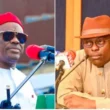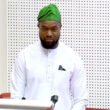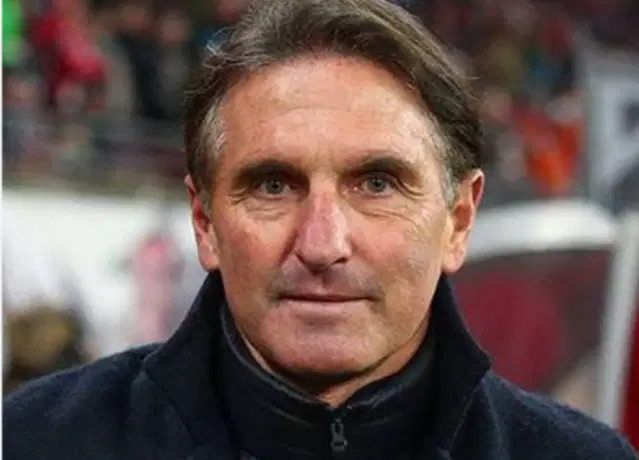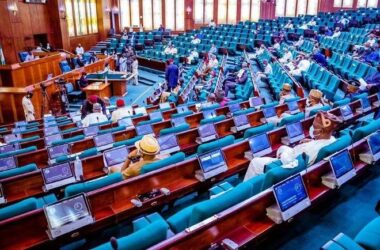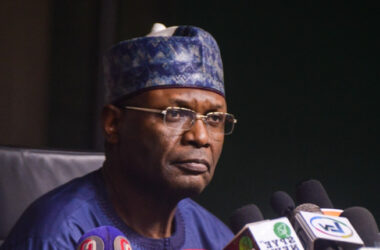The Nigeria Football Federation (NFF) announced Bruno Labbadia as the new head coach of the Super Eagles earlier this week. The announcement caught many off guard, as Labbadia had not been previously linked to the job, and other coaches were seen as the frontrunners.
Before Labbadia’s name surfaced, the NFF was reportedly in talks with several candidates, including Janne Andersson from Sweden and Herve Renard of France. When it became clear that Andersson and Renard were unlikely to take the job, the NFF widened their search, reaching out to Greece manager Gustavo Poyet, former Jose Mourinho assistant Aitor Karanka, and ex-Italy defender Fabio Cannavaro.
The frantic search seemed to have concluded when the NFF Secretary General, Mohammed Sanusi, announced: “The NFF Executive Committee has approved the recommendation of its Technical and Development Sub-Committee to appoint Mr. Bruno Labbadia as the Head Coach of the Super Eagles. The appointment is with immediate effect.”
However, just days later, German publication Kicker reported that the deal with Labbadia had collapsed. The breakdown reportedly occurred due to Labbadia’s demands for the NFF to cover his tax payments in both Nigeria and Germany, which the federation was unwilling to meet.
This raised concerns about the NFF’s decision-making process, as negotiations were evidently incomplete when the official announcement was made.
With Nigeria facing crucial AFCON qualifiers against Benin Republic and Rwanda, the coaching debacle leaves the Super Eagles in a precarious position. Austin Eguavoen is expected to step in as interim coach for the two matches.
Chukwu suggested that a strong performance by Eguavoen could shift the narrative, potentially leading to the appointment of an indigenous coach on a full-time basis, regardless of whether it’s Eguavoen himself.
The Super Eagles are now racing against time to stabilize their coaching situation ahead of the important qualifiers, as fans hope for a quick resolution to the NFF’s latest misstep.


